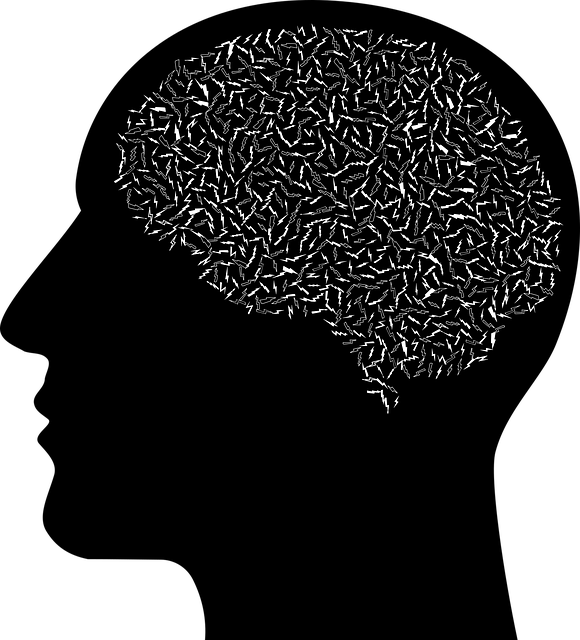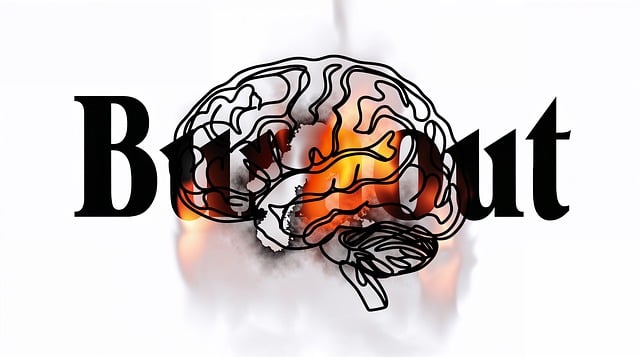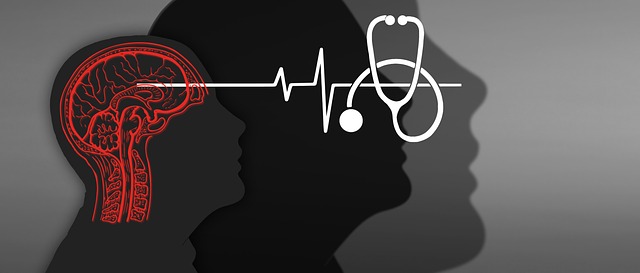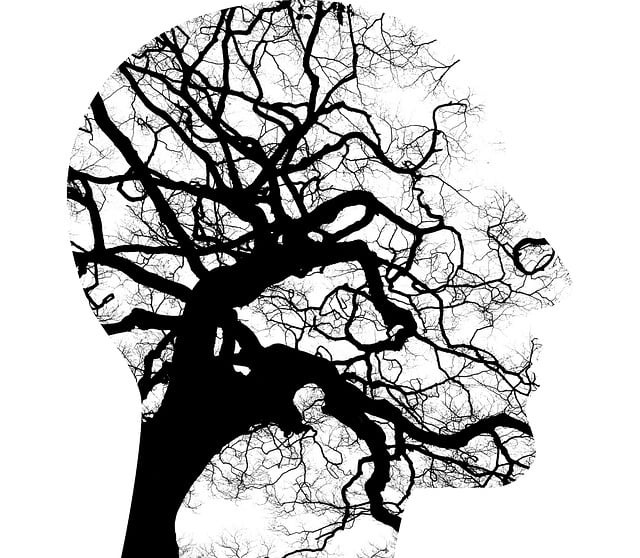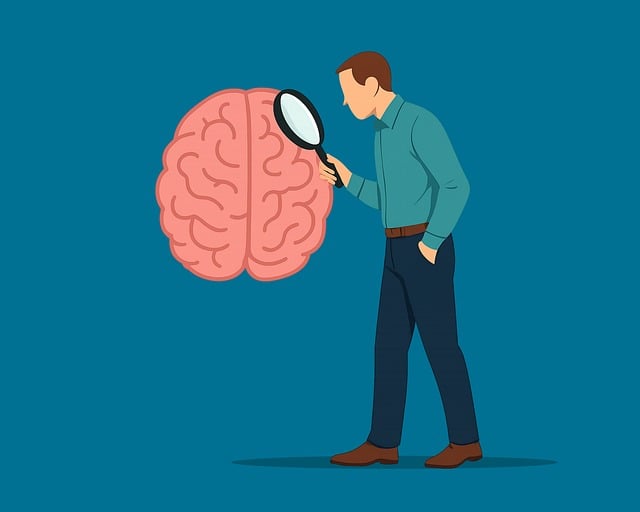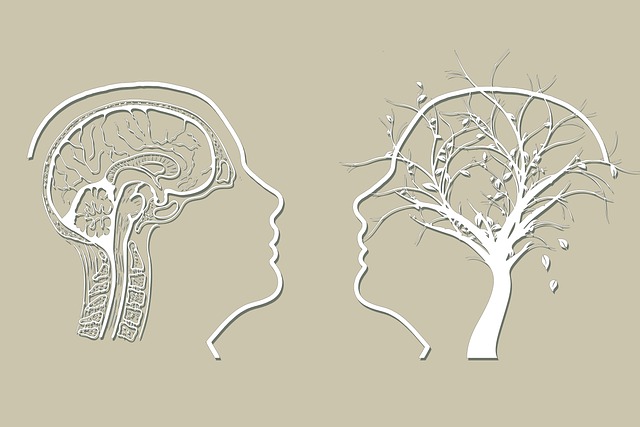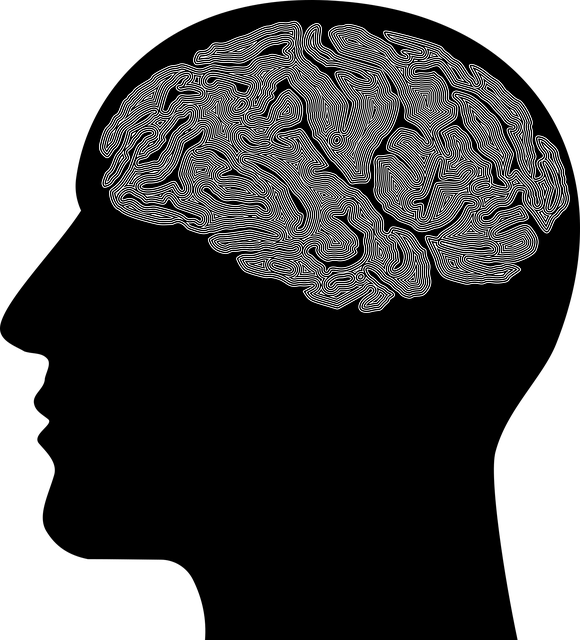Greenwood Village Psychosis Therapy focuses on mood regulation as a key to mental well-being, offering techniques like social skills training, cognitive restructuring, and mindfulness practices. These strategies empower individuals to manage emotions, build resilience, and strengthen relationships. By integrating lifestyle adjustments, crisis intervention, and emotional intelligence, the therapy provides specialized care for psychotic disorders, reducing stigma and fostering long-term emotional stability through comprehensive support.
“Discover effective mood regulation strategies to harness mental well-being. This comprehensive guide explores diverse techniques, from cognitive techniques to mindfulness and lifestyle adjustments, offering practical tools for managing emotional states. Dive into the world of Greenwood Village Psychosis Therapy for professional support, understanding its role in navigating complex emotions. By implementing these strategies, individuals can achieve a harmonious balance, enhancing overall mental resilience.”
- Understanding Mood Regulation: The Cornerstone of Mental Well-being
- Cognitive Techniques for Managing Emotional States
- Mindfulness and Meditation: Calming the Inner Turmoil
- Lifestyle Adjustments for a Balanced Mood
- Professional Support: Navigating Greenwood Village Psychosis Therapy
Understanding Mood Regulation: The Cornerstone of Mental Well-being

Understanding Mood Regulation: The Cornerstone of Mental Well-being
Mood regulation strategies are essential techniques that play a pivotal role in promoting emotional well-being and enhancing overall mental health, especially for individuals navigating complex psychological landscapes. Greenwood Village psychosis therapy emphasizes the importance of teaching clients effective tools to manage their moods, which can significantly improve their quality of life. By mastering these strategies, individuals gain the power to navigate challenging emotions, foster resilience, and achieve a greater sense of balance and harmony within themselves.
Emotional well-being promotion techniques go beyond mere coping mechanisms; they involve cultivating awareness, fostering social connections, and integrating cultural sensitivity into mental healthcare practices. Social skills training, for instance, equips individuals with the ability to interact effectively, build supportive relationships, and express their emotions healthily. Cultural sensitivity in mental healthcare practice ensures that treatment approaches are tailored to an individual’s unique background, enhancing the effectiveness of mood regulation strategies and fostering a deeper sense of acceptance and understanding.
Cognitive Techniques for Managing Emotional States

Cognitive techniques play a pivotal role in managing emotional states, offering individuals powerful tools to navigate their moods effectively. These strategies, often utilized in Greenwood Village psychosis therapy, focus on challenging and reshaping negative thought patterns that can trigger intense emotions. By fostering positive thinking and boosting confidence, these techniques empower people to take charge of their mental well-being.
One such technique involves identifying and modifying distorted cognitions, where individuals learn to recognize irrational thoughts and replace them with more balanced perspectives. This process encourages a healthier emotional response, enabling better coping mechanisms. Additionally, communication strategies are integral, as expressing feelings openly and assertively can help regulate moods, fostering deeper connections and a sense of understanding in interpersonal relationships.
Mindfulness and Meditation: Calming the Inner Turmoil

In today’s fast-paced world, managing moods and emotional well-being can feel like navigating a labyrinthine mind. Here, mindfulness and meditation emerge as powerful tools to calm the inner turmoil that often stems from stressful or traumatic experiences. Greenwood Village psychosis therapy incorporates these practices, helping individuals develop coping skills and enhance their ability to stay grounded in challenging situations.
By fostering positive thinking and promoting a deeper connection with one’s thoughts, mindfulness encourages present-moment awareness, allowing people to observe their emotions without judgment. Regular meditation practice can significantly lower stress levels and improve emotional resilience. It enables mental health professionals to conduct thorough risk assessments, ensuring individuals receive tailored support for optimal mental health management.
Lifestyle Adjustments for a Balanced Mood

Maintaining a balanced mood is crucial for overall well-being. Simple lifestyle adjustments can significantly impact mental health. Regular exercise, for instance, releases endorphins that act as natural mood lifters, helping to combat symptoms of depression and anxiety. A healthy diet, rich in essential nutrients, supports brain function and can reduce the risk of depression. Additionally, prioritizing quality sleep ensures the body’s rest and recovery, which is vital for emotional regulation.
Greenwood Village Psychosis Therapy recommends integrating these practices as part of a holistic approach to mental health care. By incorporating regular exercise, nutritious meals, and adequate sleep into daily routines, individuals can enhance their coping skills development and better manage stress and trauma (Trauma Support Services). Moreover, these lifestyle changes may serve as effective depression prevention strategies, fostering a sense of equilibrium and overall mood stability.
Professional Support: Navigating Greenwood Village Psychosis Therapy

For individuals navigating the complexities of mental illness, professional support plays a pivotal role in mood regulation strategies. Greenwood Village Psychosis Therapy stands as a beacon for those seeking specialized care. This therapeutic approach is tailored to address psychotic disorders, offering a comprehensive framework that integrates Crisis Intervention Guidance and Emotional Intelligence. By combining these elements, therapists foster an environment where individuals can safely explore and manage their symptoms.
The process involves intensive therapy sessions designed to reduce the Mental Illness Stigma Reduction Efforts, encouraging open dialogue about challenging experiences. Through personalized strategies, Greenwood Village Psychosis Therapy equips clients with tools to enhance emotional awareness and resilience. This holistic approach not only alleviates immediate distress but also empowers individuals to proactively manage their mental health in the long term.
Mood regulation is a multifaceted approach to mental well-being, encompassing cognitive techniques, mindfulness practices, lifestyle changes, and professional support. As discussed in this article, strategies such as cognitive reframing, mindfulness meditation, and lifestyle adjustments can significantly enhance emotional balance. For cases requiring more specialized care, Greenwood Village Psychosis Therapy offers effective navigation through complex emotional landscapes, ensuring individuals find their path to lasting mental health and equilibrium.
